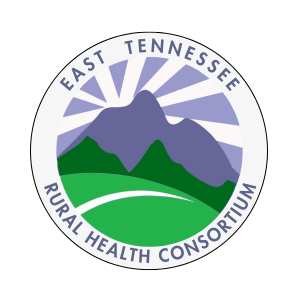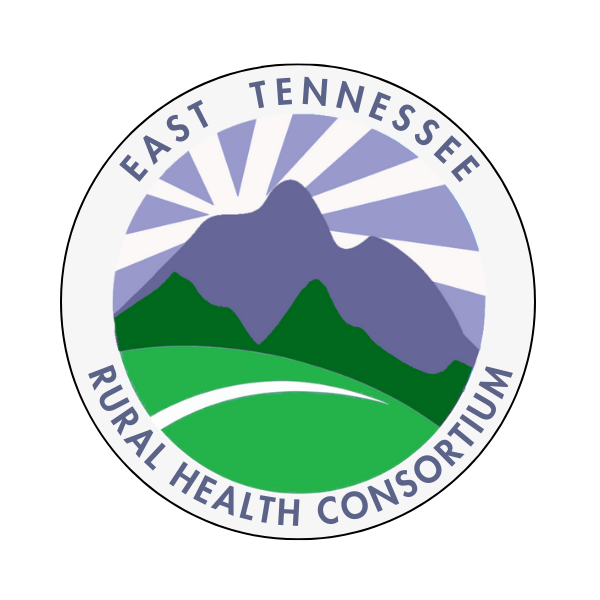Parental Guides for Young Children and Adolescents
ETRHC and Project Hope have created guides to help parents prevent prescription drug misuse in children.
Guide for Parents of Young Children
Guide for Parents of Adolescents
Fentanyl Awareness Guide for Parents, Teens, and College Students
Youth Development Trainings
The Youth Working group has created several trainings that support and promote healthy youth development. Those trainings can be found here.
Drug Take-Back Information and Resources
Permanent Drug Boxes in the ETRHC Area
Counties have permanent drug boxes for community members to properly and safely dispose of unused medications. We have confirmed from Claiborne, Campbell, Cocke, Jefferson, and Scott counties that these boxes are still operational at this time. We have developed a flyer for each county for you to share electronically or print, so the community will know there are available.
Campbell County RCORP drug box flyer
Claiborne County RCORP Drug box flyer
Cocke County RCORP drug box flyer
Jefferson County RCORP drug box flyer
Scott County RCORP drug Box flyer
ETRHC Region Broadband Summary and Resources
ETRHC has created a list of Internet broadband resources in the 10 counties.
View Broadband Summary and Resources
Stigma Reduction Trainings
Three on-line or in-person educational opportunities have been developed for health and service providers who work with people impacted by substance use disorder. Please contact Dr. Laurie L. Meschke, Professor at University of Tennessee, Knoxville and Director of ETRHC: Project HOPE, and NOW at llmeschke@utk.edu or 865-964-8368 for more information or to request a training. Please find the training information and the flyer here.
The ETRHC consortium has created 21 information fact sheets about the state of OUD in the ten-county region. Each fact sheet addresses an area of concern in our community, detailing the severity of the problem, feasibility of addressing the problem, community views about the problem, and the expected benefits of addressing the problem. Click on the links below to learn more about these concerns within the ETRHC region.
In April of 2025, ETRHC hosted 2 harm reduction experts, Joe Hoffman and Lucy Langley. View the April 2025 Presentation at a later date. Our speakers shared resources and slides slides featuring the faith based harm reduction services, and Harm Reduction Vending Machines in rural east Tennessee.
In January of 2025, ETRHC hosted 3 experts in opioid use disorder treatment, Dr. Wes Geminn, Dr. Jennifer Tourville, and Dr. Tyler Melton to discuss in rural communities. View the January 2025 Presentation. Our speakers shared resources and slides slides featuring the History and future of MOUD programs, RCORP Mentoring Program, and Buprenorphine Treatment Guidelines.
In October of 2024, ETRHC hosted a presentation on strategies to combat SUD stigma in rural communities. View the October 2024 presentation. Our speakers shared resources such as RCORP-TA Addressing Stigma Slides_10-18-24,UVM CORA’s strategies, and other links to more resources.
In July 2024, ETRHC hosted a presentation on the treatment and recovery of youth and young adults. View the July 2024 presentation. Our speakers shared a wealth of information and we have included the helpful documents they shared
-
- National Learning Consortium’s shared decision making fact sheet
Y&YA Brochure
RCORP-BHCTA Child & Adolescent Behavioral Health Onboarding Packet 2023 (PDF)_0 - NIHCM’s Building Strong Foundations: Children’s Mental Health infographic
- Youth Marketing Connection
- National Learning Consortium’s shared decision making fact sheet
In October 2023, ETRHC hosted a presentation on policies surrounding substance use on the state and national level, as well as a presentation on cooperating effectively with elected officials to influence policy. View the October 2023 presentation.
In July 2023, RCORP-ETC hosted a presentation on nicotine vaping and e-cigarette use in youth in East Tennessee. View the July 2023 presentation.
In April 2023, RCORP-ETC hosted an informational presentation on the history and stages of the opioid crisis, the structure of the opioid abatement council for Tennessee, and the application process for opioid abatement funds. View the April 2023 presentation.
RCORP-ETC presented on community engaged scholarship at the 2019 UTK Engagement and Outreach conference. The resources below cover the following topics: Dentists and the Opioid Crisis Veterinarians and the Opioid Crisis ETRHC Region Strategic Plan The top three priorities of the ETRHC consortium are mental health, stigma reduction, and treatment and recovery services for OUD. Our strategic plan report describes our action steps for addressing these priorities and ultimately eliminating opioid use disorder in our community. Learn More about the Strategic Plan ETRHC Regional Analysis Report The goals of the ETRHC consortium are to decrease the occurrence of OUD and overdose deaths in the ten-county region. Our regional analysis report represents the first step to understanding the state of OUD in the ETRHC region. The existing data and the data that were collected for this report revealed opportunities for the ETRHC and the greater community, to decrease the risk of OUD and it many consequences. The opportunities were found at the individual, relationship, and community level. ETRHC Community Survey Report ETRHC conducted a community strengths and themes assessment survey to better understand the challenges and strengths related to opioid use disorder (OUD) in the 10-county region. We invited all persons who were 18 years or older who live, work, or play in the 10-county region to answer the survey. The survey was available from March 8 to March 20, 2021; 152 people in the 10-county region completed the online survey.
⁃ Involving persons in recovery for OUD prevention
⁃ Dentists and veterinarians and their role in the opioid crisis
⁃ Different stages of adolescent development
⁃ MOUD billing for providers
⁃ Substances impact on the brain
⁃ Social Determinants of Health and SUD
Engaging Community Coalitions to Decrease Opioid Overdose Deaths Practice Guide 2023 (NIDA and SAMHSA)
Training Materials for ETRHC Grantees

